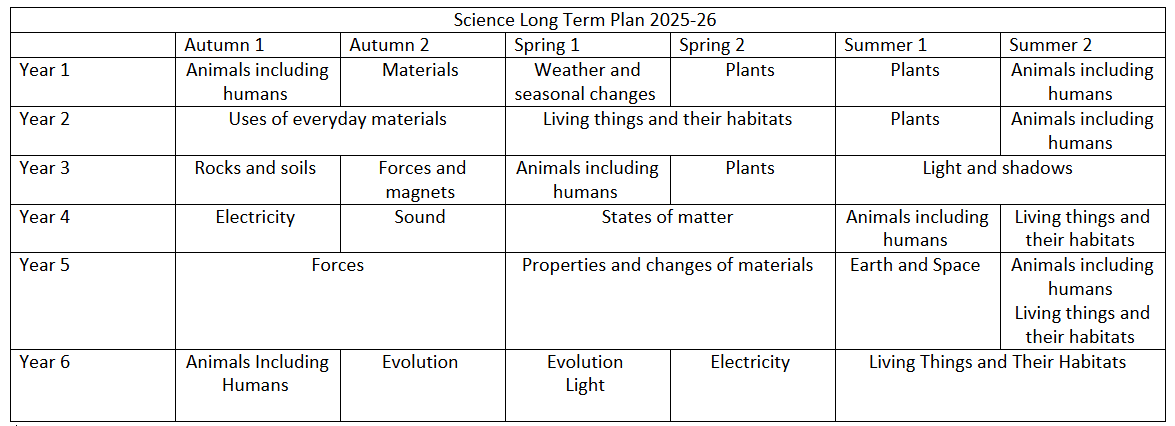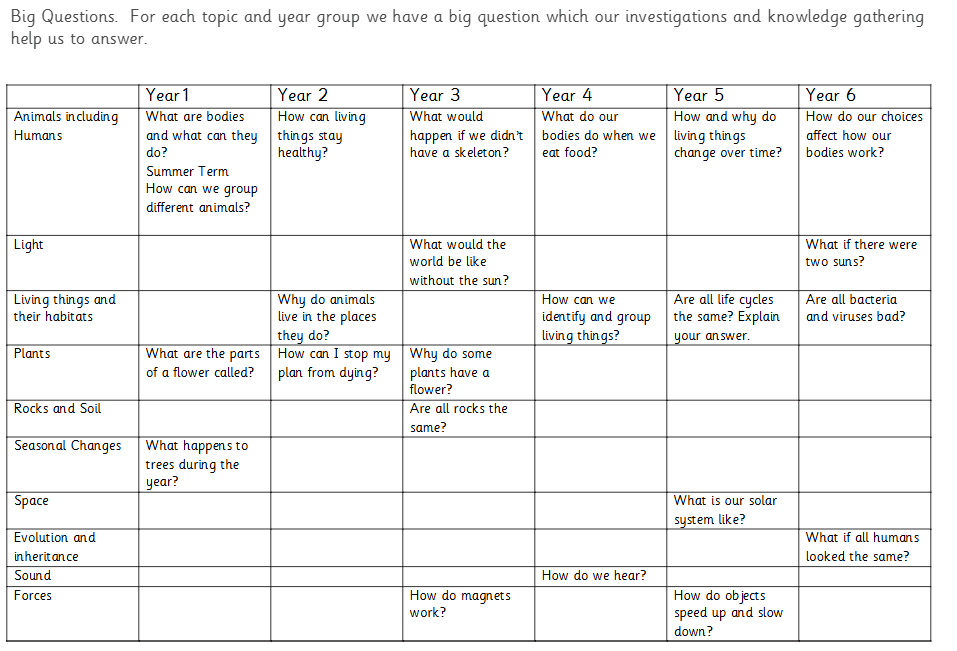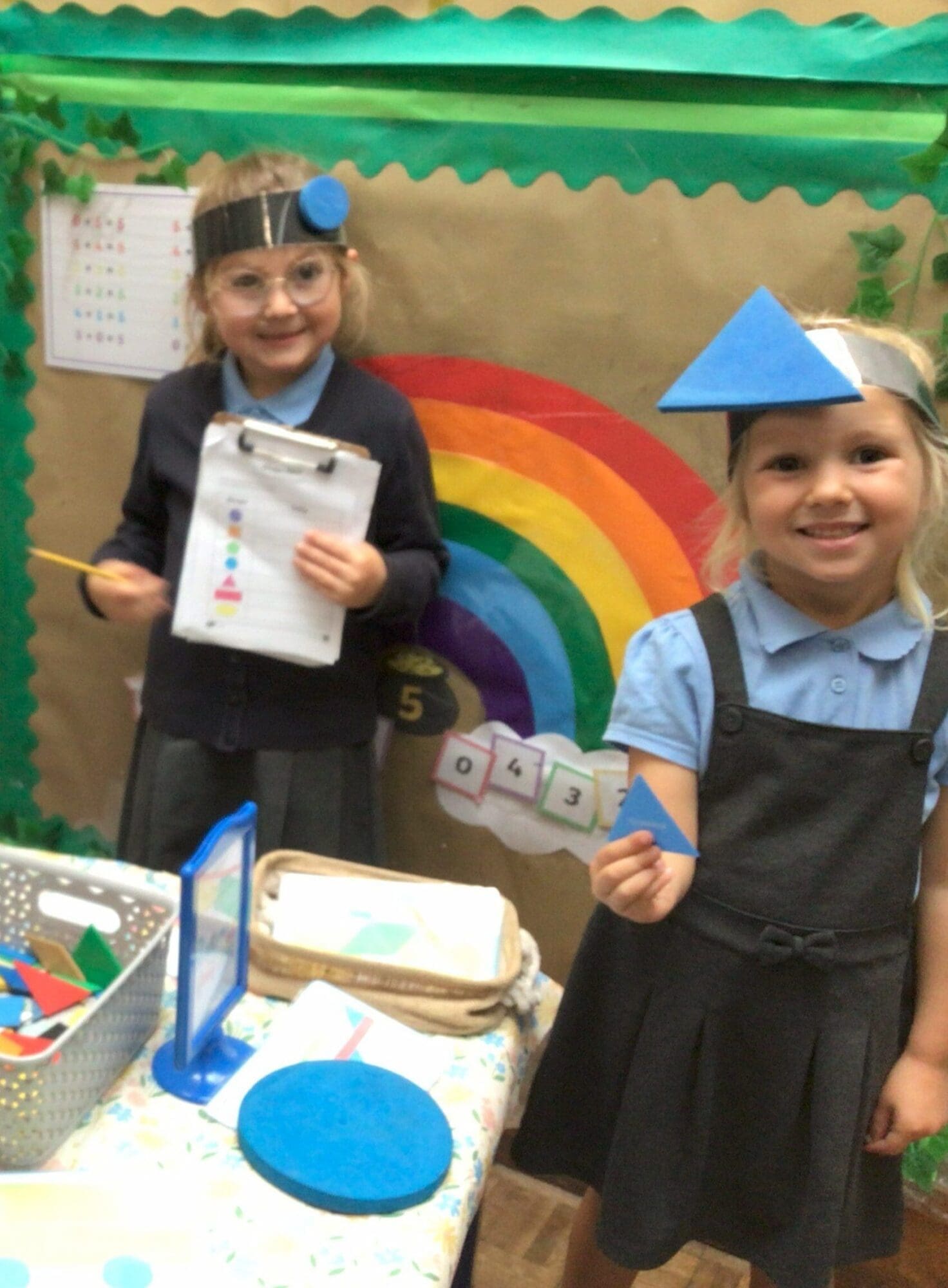Science Intent
At Rise Park Primary and Nursery School, our intent is to provide a science curriculum that inspires pupil’s enquiring minds through questioning and practical activities. Our curriculum has been designed so that it follows the expectations of the National Curriculum and helps pupils make sense of the world around them as well as developing a sense of curiosity. We place a high value on the specific teaching of subject specific knowledge, vocabulary, investigative skills and questioning with the intent of developing an enquiring mind and the skills to help pupils answer their questions. Pupils are encouraged to record their learning in different ways through writing, drawing and collecting and presenting data. We learn to make a hypothesis and conduct investigations to test our ideas. We look at how science can help us understand our world and how we can work together to protect it.
Aims:
- To foster a love of learning through enquiry.
- To communicate clearly and confidence through asking and answering questions.
- To establish how science has a role to play in our lives.
- To develop pupil’s understanding of the world around them and how they can care for themselves and the planet.
- To develop pupil’s enquiry skills through practical investigations.
- To develop an interest in the different areas of science: biology, chemistry and physics and how this could support pupils in their future career choices.
As a school, we believe that creating a passion for science will enable pupils to build resilience through questioning and problem solving as well as looking towards the future. Cultivating this interest and enthusiasm will ensure that pupils’ love of science will develop interest in STEM subjects outside of school.



